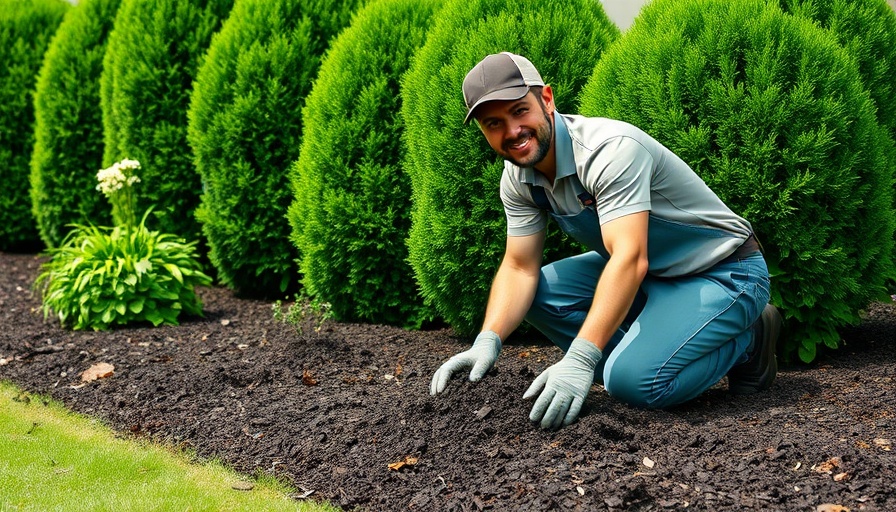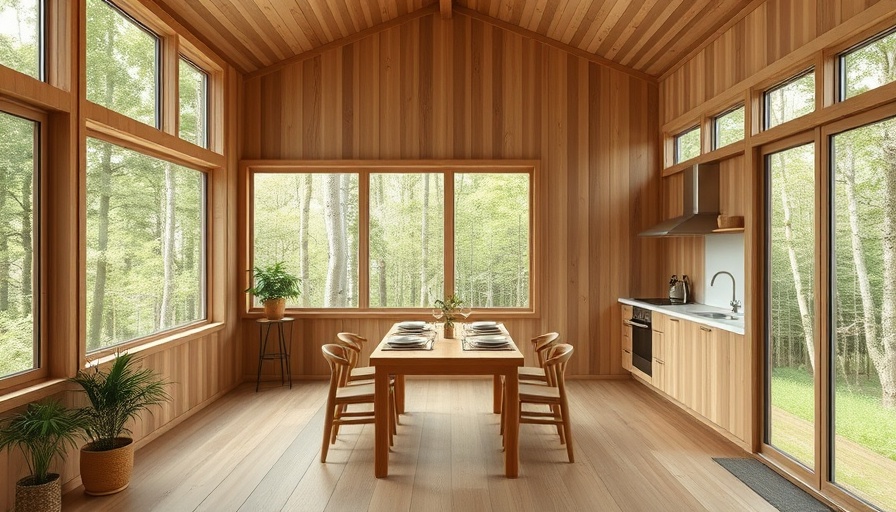
Unlocking the Essential Benefits of Mulching for Your Garden
Mulching has become a prominent practice among homeowners and commercial property owners alike, acting as a protective layer that transforms gardens into healthier ecosystems. This natural method offers substantial advantages, ranging from enhanced soil health to improved moisture retention, all while providing aesthetic benefits to your landscape. But why is mulching considered essential?
Moisture Retention: The Key to a Thriving Garden
One of mulching’s core benefits is its ability to retain soil moisture, even in hot and dry conditions. By covering the soil, a layer of mulch, ideally between 2-3 inches, significantly slows down evaporation, allowing plants to bask in moisture-rich environments without the constant need for watering. For homeowners, particularly in regions experiencing inconsistent rainfall, this is vital for sustaining lush, vibrant landscapes.
Suppressing Weeds and Alleviating Garden Maintenance
Weed growth can quickly become a chore, competing for nutrients and water. Mulch acts as a natural barrier against pesky weeds by blocking sunlight and restricting their growth. Applying a thick layer of organic mulch, such as shredded bark or straw, minimizes the time spent on manual weeding, thus making garden maintenance easier and less labor-intensive for home and business owners.
Temperature Regulation: Protect Your Investment
Temperature swings can be detrimental to plant health. Mulch provides insulation to the soil, keeping it warmer in cooler months and cooler during heatwaves. This stabilizing effect helps shield tender roots, especially for newly planted trees and delicate blooms, ensuring that your investment in landscaping is protected from extremes.
Enhancing Soil Health: The Living Organism Beneath
Beyond its protective qualities, organic mulches like compost and wood chips enrich the soil as they break down over time. This decomposition process nurtures beneficial microbes, which play a vital role in enhancing soil fertility and structure. Homeowners who choose organic options not only beautify their gardens but also invest in a healthier ecosystem that supports plant growth.
Preventing Soil Erosion: An Environmental Advantage
In areas prone to heavy rains, mulch serves as a shield against soil erosion by absorbing the impact of raindrops and slowing down runoff. This benefit is especially crucial on slopes, where loose soil can wash away easily. By retaining topsoil, mulch helps maintain the garden's integrity and ultimately protects the surrounding environment.
Choosing the Right Type of Mulch: A Guide
When selecting mulch, consideration is key: organic mulches consist of natural materials that will decompose, enriching the soil, while inorganic options like gravel provide longevity without improving soil quality. Each type has its merits, and understanding your specific needs will greatly enhance your gardening experience.
Visual Appeal: Landscaping with Purpose
Beyond its practical applications, mulching provides a polished appearance for garden beds, lending a well-maintained look that enhances property value. Whether your space is primarily aesthetic or functional, the right mulch can elevate your landscaping game.
As a homeowner or business owner, implementing a mulching strategy can elevate the health of your garden and create a stunning visual appeal.
Ready to transform your garden and reap these benefits? Consider reaching out to local landscaping professionals who can provide expert advice tailored to your unique needs.
 Add Row
Add Row  Add
Add 




 Add Row
Add Row  Add
Add 

Write A Comment